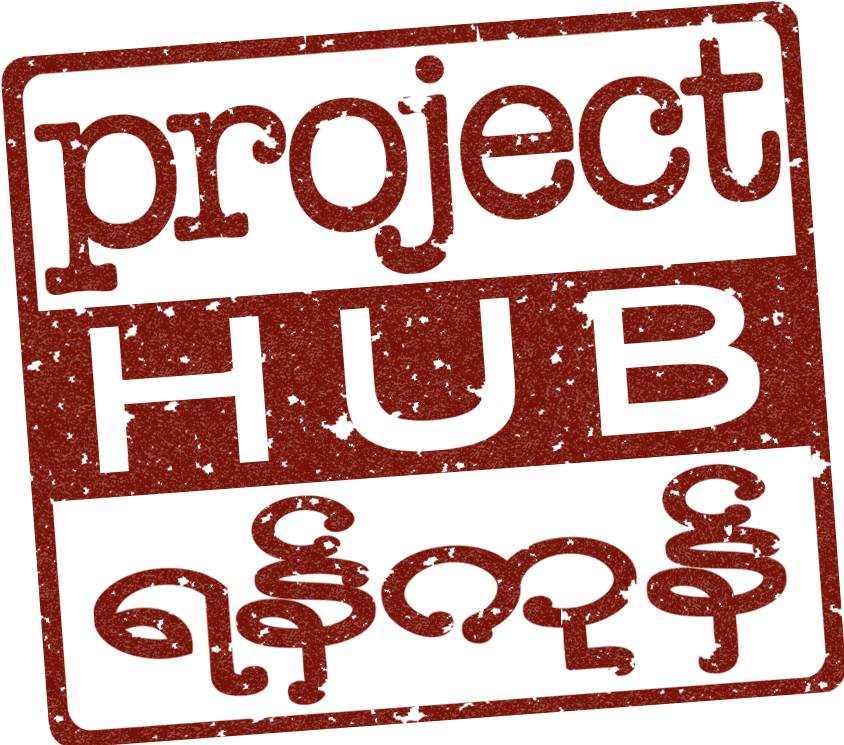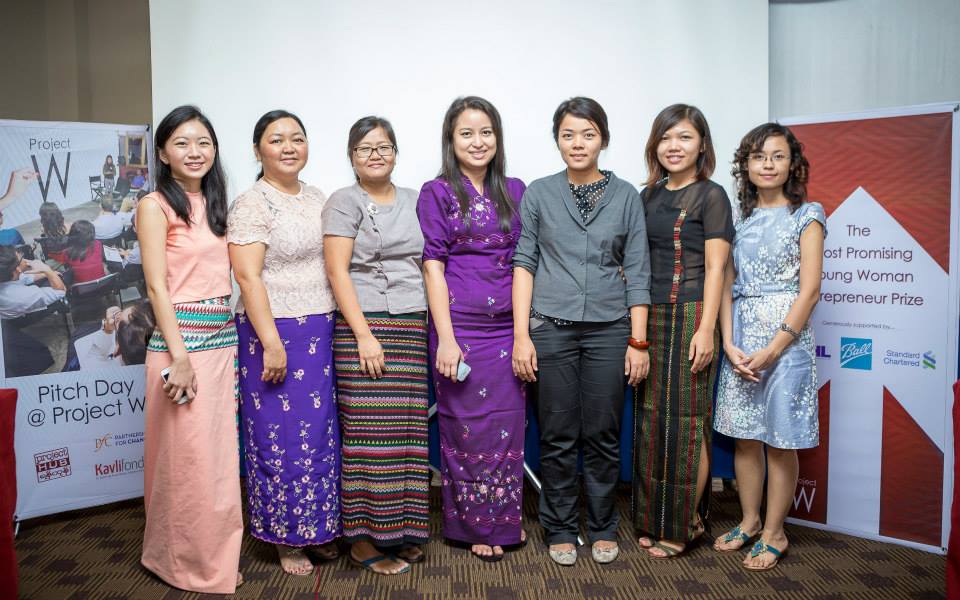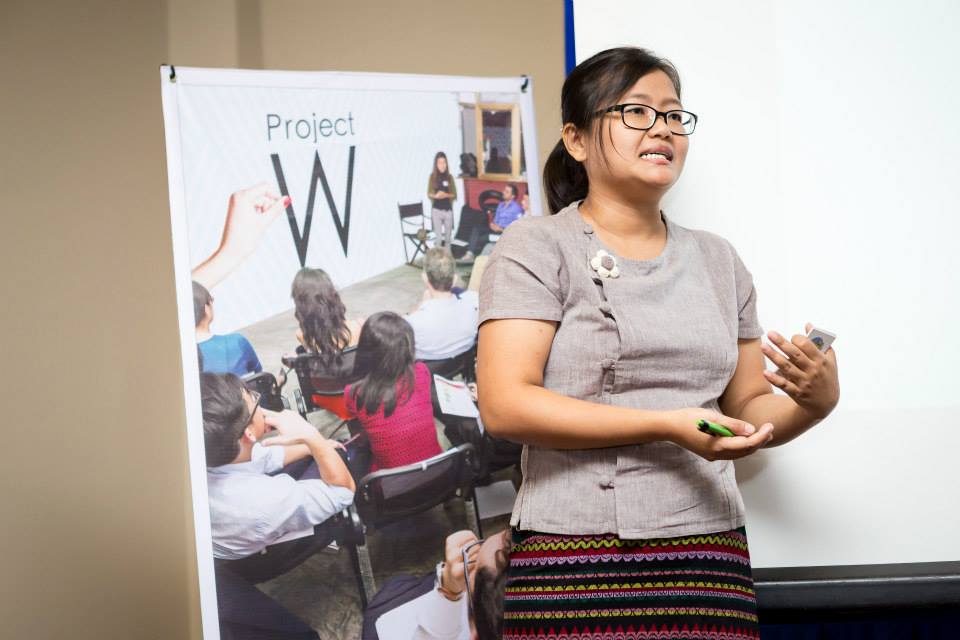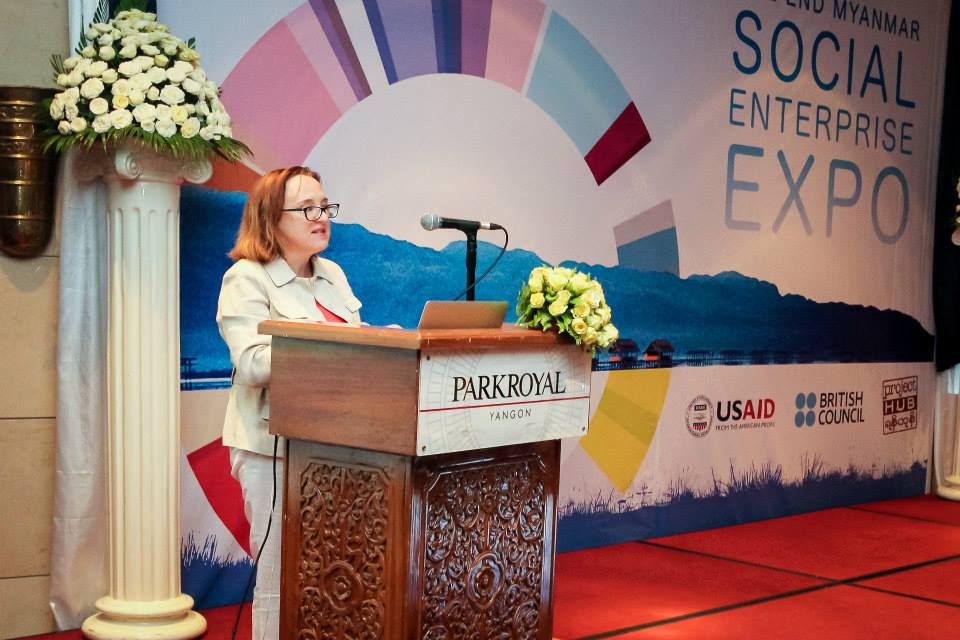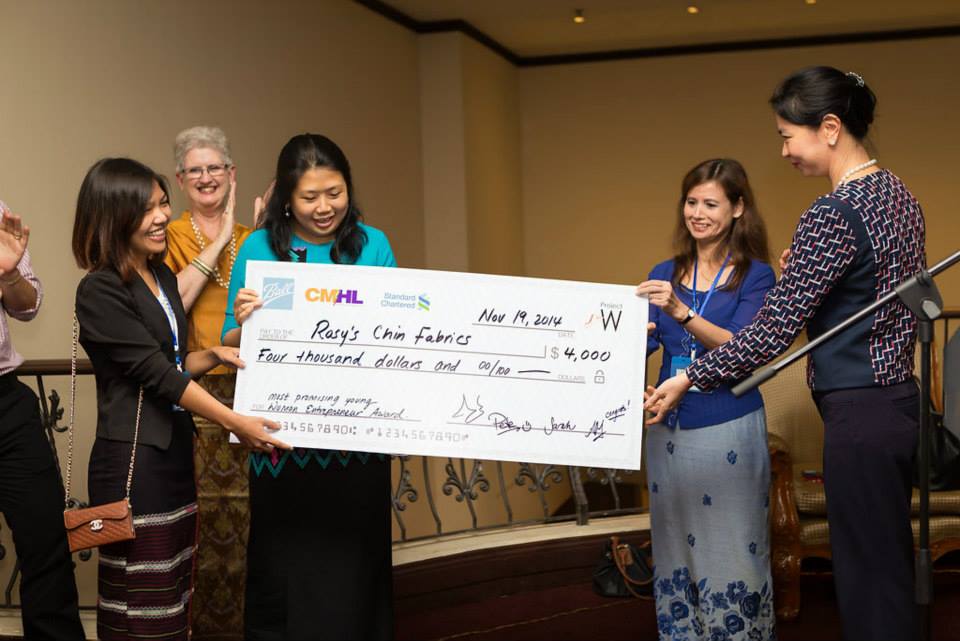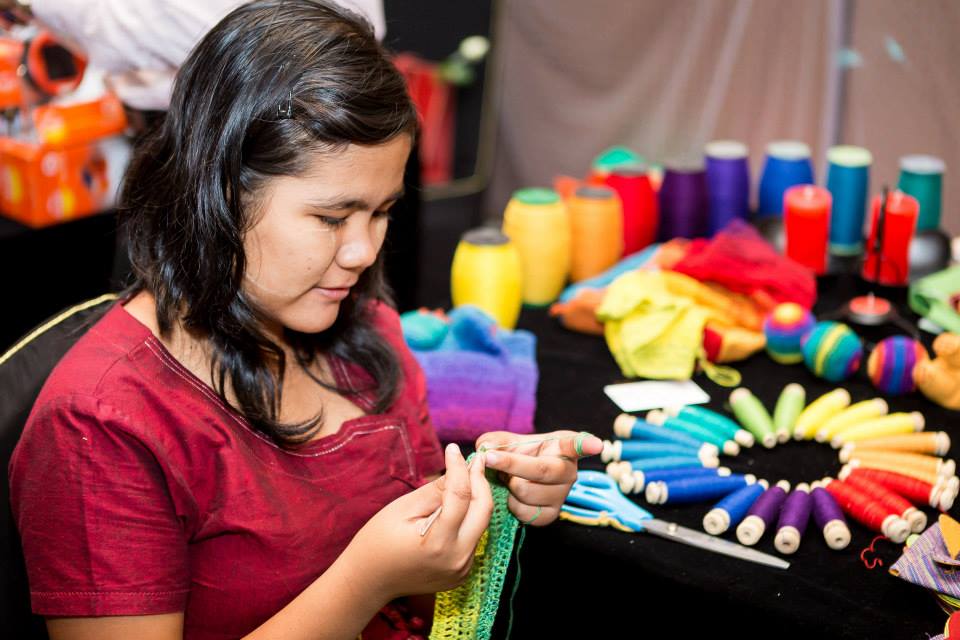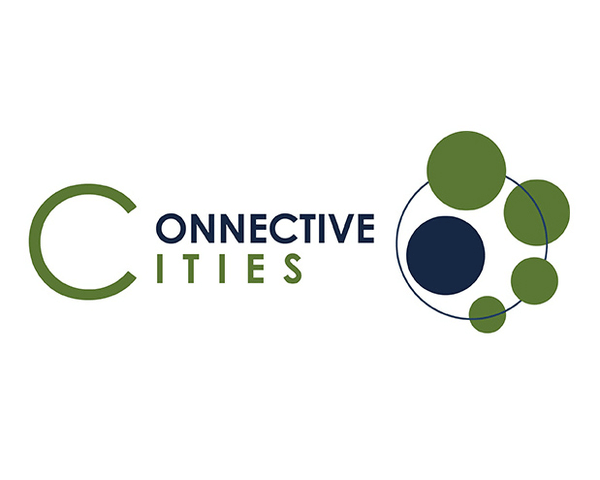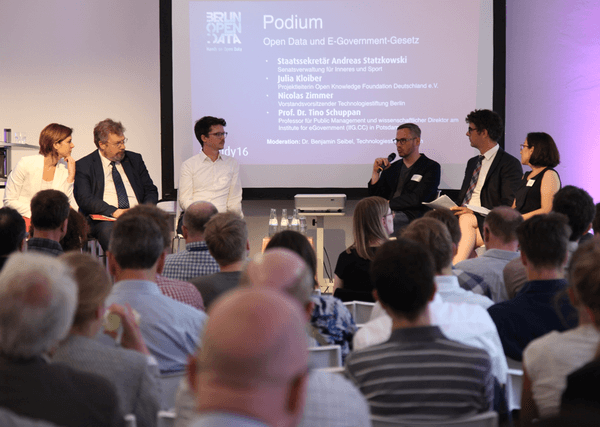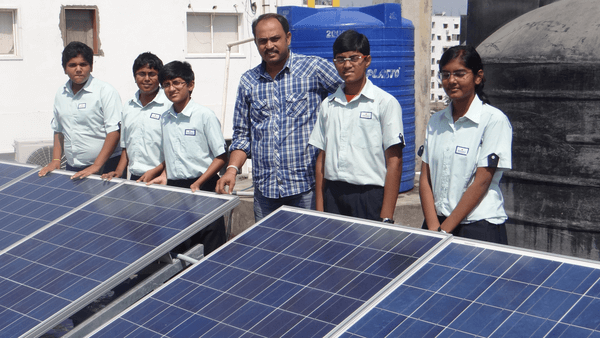City
Yangon (Rangoon)
Main actors
Private Sector, NGO / Philanthropy, Research Institutes / Universities
Project area
Whole City/Administrative Region
Duration
Ongoing since 2013
In 2012 the first incubator and co-working space in Myanmar, initiated by a former World Bank employee with expertise on economic development and innovation for developing countries, opened their doors to a new generation of young, creative and motivated people.
In a country like Myanmar, marked by decades of dictatorship and economic isolation and continued challenges in starting businesses, the creation of innovative and open incubation spaces is very challenging. Project Hub was not only the first business incubator but also the first co-working space in the country. Since Project Hub Yangon started its activities a growing start-up ecosystem can be seen. It has also developed start-up programs together with the Yangon University to foster an entrepreneurial culture in Myanmar’s academic world.
In March 2016, Project Hub Yangon launched the Entrepreneurship Incubation Internship program, supporting three young Myanmar entrepreneurs to develop businesses and bring new products to market.
Originally published by the International Community of Practice for Sustainable Urban Development CONNECTIVE CITIES: http://www.connective-cities.net/en/connect/good-practices/project-hub-yangon/
Categories
External links / documents
On Map
The Map will be displayed after accepting cookie policy
